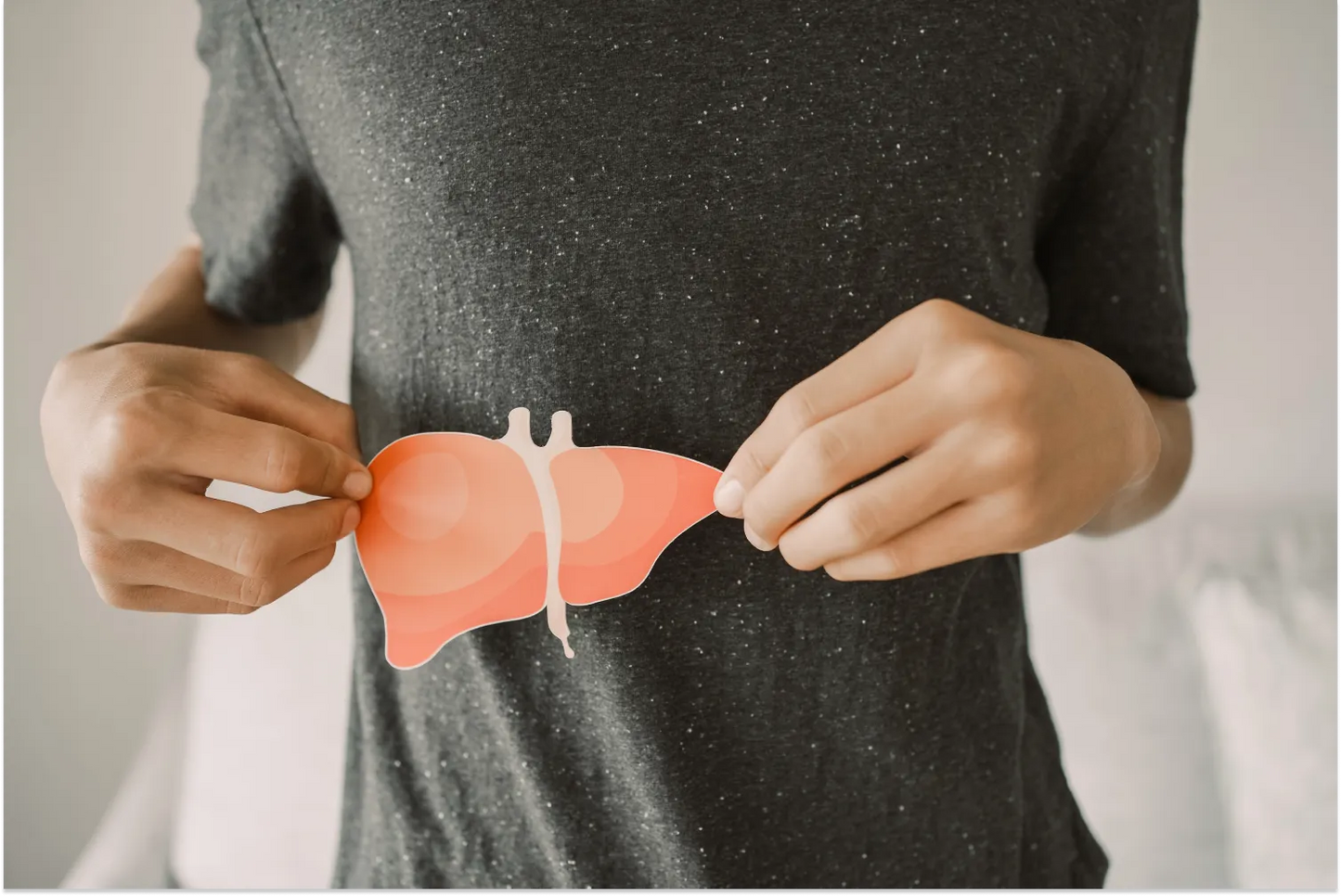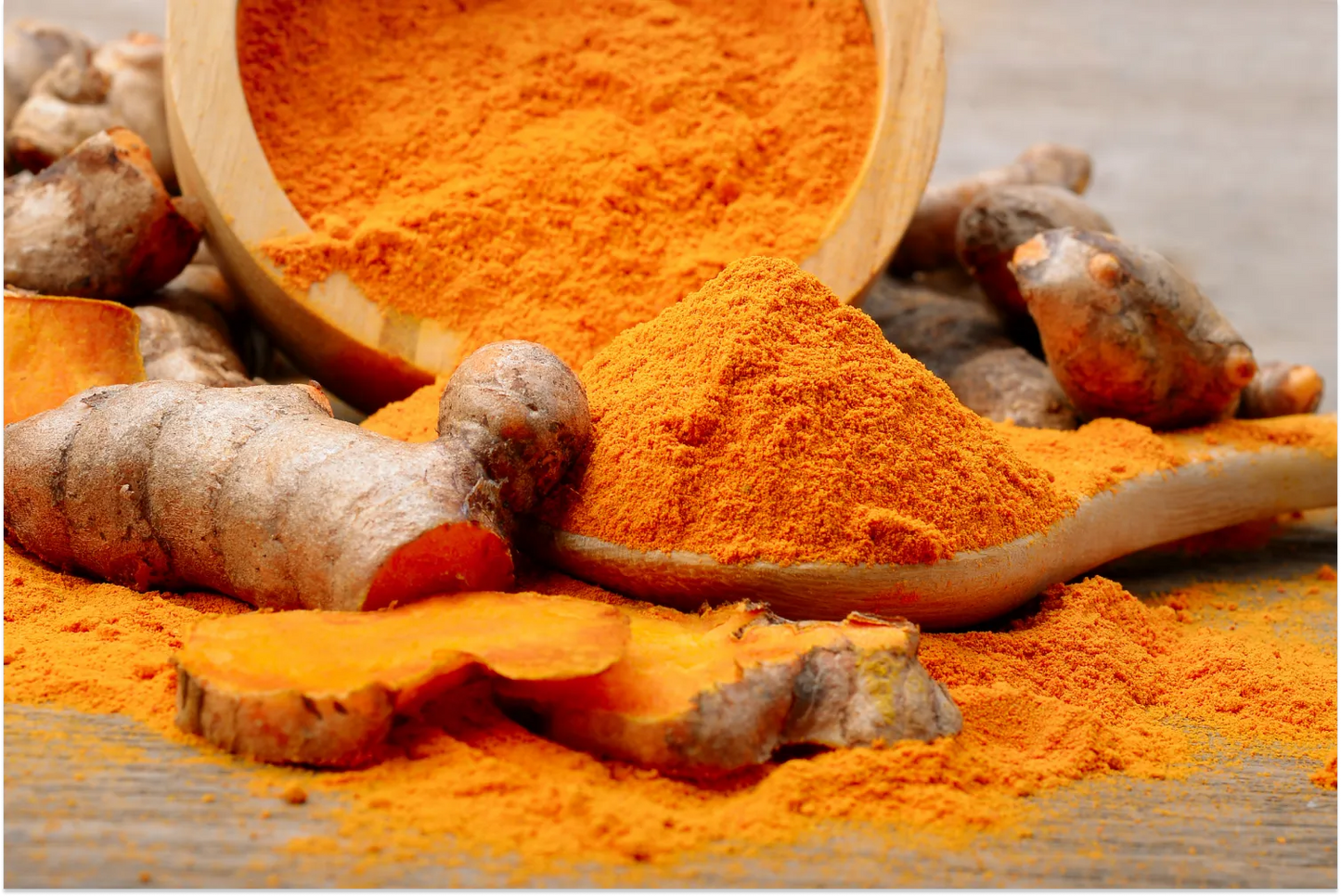
Does Coffee Cause Bloating and Discomfort? What To Know
Picture this: It’s a bright morning, and you’ve just poured yourself a steaming mug of your favorite coffee to jumpstart your day. But, all of a sudden, you’re experiencing an uneasy feeling in your belly right after you’re finished.
If this scenario has ever happened to you, then you’re probably wondering what was happening in your gut. Could your coffee be the culprit behind your intestinal discomfort?
Join us as we dive deeper into this topic and answer this question. We’ll provide you with everything that you need to know about coffee, its effects on your digestion, and a few ways to limit the negative side effects.
What Is Bloating and What Causes It?
Bloating can be defined as a feeling of fullness or tightness in the abdominal area, often accompanied by a visible increase in belly size. This common discomfort makes our jeans feel snug and can put a damper on our day.
The first step to feeling our best again is to understand what triggers this uncomfortable feeling.
Overeating
We've all been there. Holiday dinners, weekend brunches, or that irresistible dessert buffet can easily get the best of us. However, consuming larger than usual portions can make our stomachs work overtime. This can lead to bloating as the stomach struggles to process the extra food.
Fast Eating
In the hustle and bustle of life, grabbing a quick bite often becomes the norm. Eating too quickly can lead to swallowing excess air and not breaking down food adequately, both of which can result in bloating.
Certain Foods
Some foods naturally produce gas when they break down in the digestive system. Think beans, broccoli, or cabbage. While they’re packed with nutrients, they can also be the culprits behind that bloated feeling.
Constipation
It’s a topic most shy away from, but constipation can be a significant factor for bloating. When bowel movements are infrequent, it can lead to a build-up of gas and waste, making you feel bloated.
Food Intolerances
Ever felt uneasy after consuming dairy or gluten? Some of us have sensitivities to certain foods that our bodies find difficult to break down, leading to gas, bloating, and other uncomfortable symptoms
How Does Coffee Impact Digestion?
For many, coffee is the lifeline that fuels their day, with its bold taste and energy-boosting caffeine. But have you ever paused to wonder about the journey this comforting beverage takes within your body, specifically its role in digestion?
Let’s explore the intricate dance between coffee and our digestive system.
May Affect Stomach Acid Levels
Coffee, particularly on an empty stomach, can encourage the production of hydrochloric acid. While this acid is essential for breaking down food in the stomach, an overproduction can potentially lead to a reduction in the stomach's ability to produce it efficiently during meals. This can be problematic, especially when consuming protein-rich foods that require more acid for digestion.
Can Contribute to Feelings of Hunger
Ever noticed that post-coffee hunger pang even after a hearty meal? Caffeine can increase the production of specific hunger hormones such as ghrelin. This might lead some people to snack more often, impacting overall digestion and metabolism.
Affects Digestive Movement
For many, their morning coffee is synonymous with a trip to the restroom. This is because caffeine can affect the colon, leading to increased bowel movements. While this can be beneficial for some, for others, it might result in an upset stomach or diarrhea for others.
Contributes to Indigestion
Despite its inviting aroma and taste, coffee is acidic. Consuming it in large quantities or on an empty stomach can lead to feelings of indigestion, heartburn, or acid reflux for some. This is particularly true for those who are more sensitive to acidic foods and beverages.
Has a Diuretic Effect
We've all felt the need to visit the bathroom more frequently after a couple of cups of joe. Caffeine has a diuretic effect, meaning it promotes the production of urine. This can lead to dehydration if one isn’t careful to balance their coffee consumption with adequate water intake.
Does Coffee Cause Bloating?
The relationship between our favorite brew and bloating is complex. Coffee in itself doesn't inherently cause bloating for everyone. However, its impact on digestion, as previously discussed, can indirectly contribute to that full, tight feeling in the belly.
For instance, as coffee encourages acid production, those with sensitive stomachs might experience bloating due to acid reflux or indigestion. Additionally, additives like milk, sugar, or cream in coffee can also be problematic, especially for those with lactose intolerance or sensitivity to certain sweeteners.
Furthermore, the diuretic effect of coffee can sometimes lead to dehydration. When the body senses dehydration, it might retain more water, leading to feelings of bloating.
In essence, while coffee isn’t a direct culprit of bloating for everyone, its influence on the digestive system can lead to conditions that promote bloating for some. Remember, it's important to pay close attention to how our bodies respond to what we consume and to act accordingly.
What Are the Benefits of Drinking Coffee for Digestion?
For countless individuals, starting the day without a cup of coffee is like leaving the house without shoes. Beyond its capacity to awaken our senses and fuel our early mornings, coffee can offer numerous benefits, especially when it comes to our digestive systems.
With its rich array of compounds, coffee is more than just a beverage; it’s a digestive ally in disguise:
Supports Gastric Motility
We’ve all experienced that familiar sensation of wanting to head straight to the restroom after a robust cup of coffee. This isn’t a mere coincidence. Coffee, especially the caffeine within, supports peristalsis — the wave-like muscle contractions in our intestines. This increased motility aids in the efficient movement of food and waste, ensuring our digestive tracts function smoothly.
Encourages Digestive Enzyme Production
Every sip of coffee sends a message to our stomach, urging it to produce more gastric acid. This acid, laden with digestive enzymes, plays a crucial role in breaking down proteins and ensuring efficient digestion. In moderate amounts, this increased acid production can encourage our overall digestive process, helping our body absorb essential nutrients.
Rich in Antioxidants and Polyphenols
Coffee is a treasure trove of beneficial compounds, notably antioxidants and polyphenols. These molecules not only ward off potential damage from free radicals but can also support a healthy gut environment. Polyphenols, especially, can encourage the growth of beneficial gut bacteria, fostering a balanced and harmonious digestive system.
How Can You Enjoy Coffee Without the Discomfort?
As the morning sunlight filters through the blinds, many of us instinctively reach for our trusty coffee mug. It's more than just a drink; it's a ritual, a comforting embrace to start the day. But what if this daily habit brings along some discomfort?
The key to wellness is not about giving up the things that we love but finding a balanced and mindful approach to enjoy them. So, let's delve into how we can sip our coffee, relishing every drop without the uneasy after-effects.
Drink Slowly
It's tempting to gulp down that steaming mug, especially when in a rush. But taking your time and savoring each sip can make a significant difference. Drinking slowly allows your stomach to adapt to the coffee's acidity, reducing the chances of discomfort.
Eat Something First
Starting your day with a cup of coffee on an empty stomach might not be the best idea. Having a small snack or breakfast before your coffee can act as a buffer, minimizing the effects of acid and caffeine on the stomach lining. Think of it as laying a protective base before introducing your beloved brew.
Monitor Your Coffee Intake
Moderation is the key. While one or two cups might be fine, going beyond that might stress your digestive system. By keeping track of how much you consume, you can pinpoint the right amount that your body comfortably handles.
Choose Low-Acidity Coffee
Some coffee beans naturally have lower acidity levels, such as Arabica beans. Opting for these can be a game-changer for those with sensitive stomachs. Additionally, how the coffee is roasted can impact its acidity; darker roasts tend to be less acidic than light ones.
Consider Your Coffee Additives
Sometimes, it's not the coffee but what we add to it that triggers discomfort. Whether it's cream, sugar, or flavored syrups, these additives can be the culprits. You can try switching to almond or oat milk if lactose is an issue, or try using natural sweeteners like stevia or monk fruit.
Switch to Decaf
Caffeine can be a primary cause of digestive discomfort for some. If you find this to be the case, give decaf a shot. You'll still get to enjoy the rich flavor of coffee without the potential digestive pitfalls.
Stay Hydrated
Pairing your coffee with proper hydration is essential. Remember, coffee has diuretic properties, which can lead to dehydration if not balanced out. Here's a pro tip: For every cup of coffee, drink an equal amount of water.
If you’re not a fan of plain water and are looking for a refreshing twist to staying hydrated, Dr. Kellyann’s Lemon Sips can be your go-to. Packed with the zesty goodness of lemon, these delightful sips can not only quench your thirst but make hydration a delightful experience. Who said drinking water had to be boring?
Try Cold Brew
Cold brew coffee is not only trendy but also gentler on the stomach. The brewing process, which involves steeping coffee grounds in cold water for an extended period, results in a coffee concentrate with lower acidity. This can be helpful for those who love their coffee but not the associated discomfort.
What Other Foods and Drinks Can Encourage Gut Health?
Imagine our gut as a bustling metropolis, teeming with life, activity, and a delicate balance that keeps everything running smoothly. Like any city, it requires the right resources and care to flourish.
In a world overflowing with dietary advice and quick-fix solutions, it's important to recognize the simple and natural ways to nourish this inner ecosystem. So, let’s embark on this enlightening journey, discovering the foods and drinks that can help our gut truly thrive.
Probiotics
Often termed the “good bacteria,” probiotics are live organisms that, when ingested, offer numerous health benefits. Foods rich in probiotics include yogurt, kefir, sauerkraut, tempeh, and kimchi. These friendly microbes can help encourage balance in our gut flora, aid digestion, and support our immunity.
Prebiotics
Think of prebiotics as the food that fuels our probiotics. They are types of dietary fiber that feed the friendly bacteria in our gut. Foods high in prebiotics include garlic, onions, bananas, and asparagus. These wonders encourage the growth of beneficial bacteria, promoting a balanced gut environment.
Polyphenols
Earlier, we briefly touched on polyphenols. These natural compounds are not only found in coffee but in a variety of plant foods.
They aren't just beneficial for our gut bacteria but have antioxidant properties that fight off harmful agents in our bodies. A few examples of polyphenol-rich foods are blueberries, dark chocolate, and red wine.
Bone Broth
A traditional remedy revered for centuries, bone broth is rich in minerals, amino acids, and collagen. This liquid gold can support digestion, encourage joint health, and support a robust immune system. It’s an elixir for your entire body.
Now, when we talk about bone broth, Dr. Kellyann's Bone Broth stands out from the crowd. Crafted with utmost care and a deep understanding of nutrition, it’s more than just a beverage; it's a warm embrace that ensures each sip contributes to our well-being.
Ginger
This spicy root, often added for zing in our dishes, is a powerhouse for gut health. Ginger can help in soothing the digestive tract, easing gas, and combating nausea. Whether chewed raw, sipped as tea, or added to dishes, it's a delightful way to support our digestive system.
Peppermint
A whiff of peppermint immediately brings a sense of freshness. This herb isn't just about the aroma; it can also support the gut. Peppermint oil can alleviate symptoms of digestive discomfort, and can also help relax the muscles of our intestines.
Whole Grains
Whole grains like oats, barley, and quinoa are rich in fiber, which is essential for a healthy gut. They aid in digestion, promote the growth of beneficial bacteria, and ensure a smooth passage through our digestive tract. Plus, they're versatile, making them an easy addition to our meals.
Fatty Fish
Salmon, mackerel, and sardines aren't just about omega-3s. These fatty fishes also contribute to a diverse gut microbiome. Regular consumption can soothe tension within our body and ensure our gut bacteria are in harmonious balance.
The Bottom Line
Coffee, a staple in many of our daily routines, offers more than just an energy boost; it's a beverage with potential digestive benefits. However, understanding its effects and making mindful choices can optimize its advantages.
As you prioritize gut health, consider exploring Dr. Kellyann’s range of products. From bone broth to hydration aids, these natural solutions are crafted to complement your wellness journey.
Take a sip in the right direction and embrace a healthful lifestyle with Dr. Kellyann. Cheers to taking a step toward holistic well-being!
Sources
Quick Dose: Is Eating Too Fast Unhealthy? | Northwestern Medicine
15 Foods That Can Cause Bloating | Cleveland Clinic
Celiac Disease and Lactose Intolerance | Beyond Celiac
Effects of Coffee on the Gastro-Intestinal Tract: A Narrative Review and Literature Update | PMC
Ghrelin: Much More Than a Hunger Hormone | PMC
How Does the Stomach Work? | NCBI Bookshelf
Caffeine: Is it Dehydrating or Not? | Mayo Clinic
Effects of Coffee and Its Components on the Gastrointestinal Tract and the Brain–Gut Axis | PMC
Effect of Coffee on Distal Colon Function | PMC
Digestive Enzymes and Digestive Enzyme Supplements | Johns Hopkins Medicine
Probiotics: What You Need To Know | NCCIH
Dietary Polyphenol, Gut Microbiota, and Health Benefits | PMC
Ginger in Gastrointestinal Disorders: A Systematic Review of Clinical Trials | PMC
Peppermint Oil: A Medicine To Treat to Treat Stomach Cramps and Bloating | NHS
Does Whole Grain Consumption Alter Gut Microbiota and Satiety? | PMC








